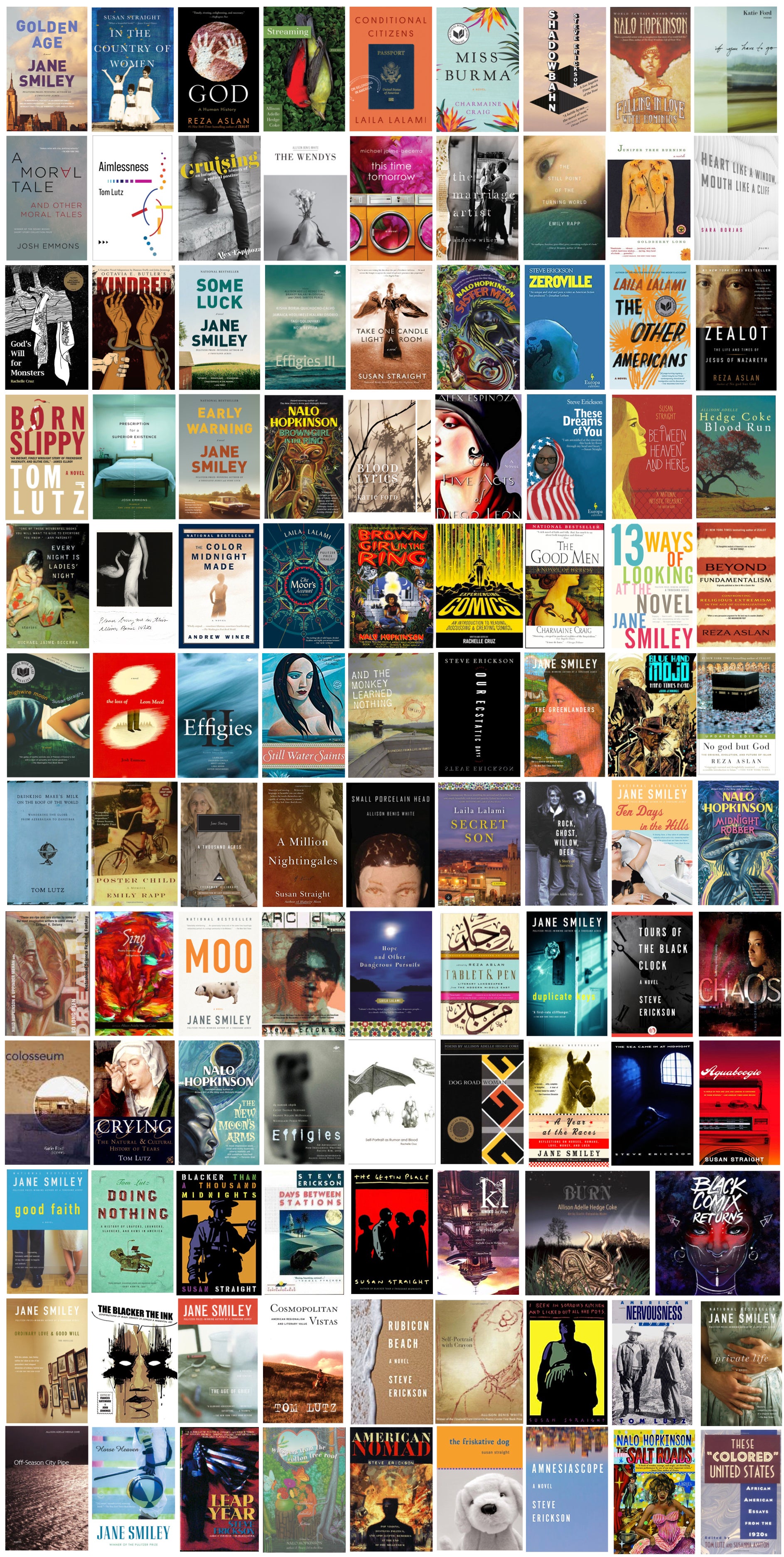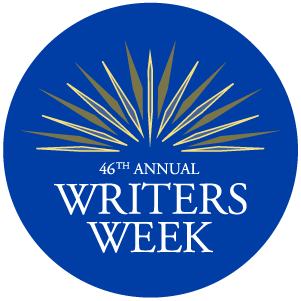
Department of Creative Writing
The Department of Creative Writing at UCR offers the only Bachelor of Arts in Creative Writing in the University of California system and the MFA in Creative Writing and Writing for the Performing Arts. It is a growing and dynamic program made up entirely of established writers and poets. Courses at UCR are designed for all students in the language arts, and they emphasize developing each student's skills and talents. Through writing fiction, poetry, nonfiction, and/or drama, students examine language and meaning both as practitioners and as readers as they develop and hone essential writing techniques.
Every writer needs to develop a critical sense to augment creative ability. For this reason, the Creative Writing Department offers two types of courses. Workshop courses are seminars that focus on writing and on the discussion of student work. Reading courses for writers focus on aspects of literature presented from a writer's point of view. Frequently, they employ writing in imitation as one of several approaches to understanding the craft of writing. Upper-division workshop courses are offered at the beginning, intermediate, and advanced levels in poetry, nonfiction, and fiction. Several reading courses link two genres such as fiction and poetry, and poetry and drama.
Give to Creative Writing Department
Announcements
Katie Ford's sequence of poems The Anchoress — set as a monodrama by composer David Serkin Ludwig — was performed this summer at Chamber Music Northwest.
Laila Lalami published the New York Times Magazine cover story “A State of Uncertainty” and was named a Radcliffe Fellow at Harvard for 2023-2024.
Charmaine Craig’s My Nemesis has been published this year by Grove Press.
Thalia Williamson’s “The Silent Part” was published this summer in Joyland.
Quyen Pham’s “Such Good Girls” was published this past spring in Room.
Emily Doyle published “Thursdays for Haru” earlier this year in the Sun.
Tom Lutz's 1925 A Literary Encyclopedia is being published by Rare Bird Lit, and his novel Archipelago is coming out from Red Hen Press. His essay "Gravy Donuts" was published in Iowa Review.
Reza Aslan's An American Martyr in Persia was longlisted for the PEN/Jacqueline Beograd Weld Award.
Allison Benis White won the 2022 Pushcart Prize and the Lucille Medwick Memorial Award.
Allison Hedge Coke was a 2022 National Book Award finalist for Look at This Blue, a 2023 finalist for CLMP Firecracker Award and ASLE Best Creative Book of the Year. Look at This Blue, was awarded the Emory Elliott Book Award by CHASS Center for Ideas and Society and Hedge Coke was awarded the 2023 Thomas Wolfe Prize & Lecture by the University of North Carolina and the [http://Thomas Wolfe Endowment Fund]Thomas Wolfe Society in fall 2023.
Susan Straight's Mecca was a finalist for the Kirkus Prize and named a Top Ten California Book of the Year by the New York Times and one of the best books of 2022 by NPR, the Washington Post and the Los Angeles Times.
Juan Felipe Herrera was a recent recipient of the MacAuthur Foundation Fellowship, aka Genius Grant (2024), Poetry Foundation’s Pegasus Award/Ruth Lilly Poetry Prize (2022), the LARB/UCR lifetime achievement award (2021), and was a finalist for The Neustadt International Prize for Literature (2023). The Fresno Unified School District named its latest school Juan Felipe Herrera Elementary.
Conversations With Steve Erickson has been published by the University Press of Mississippi as part of a series that includes Scott Fitzgerald, Ernest Hemingway, William Faulkner, James Baldwin, William Burroughs and Toni Morrison.
Employment Opportunities
None at this time.

